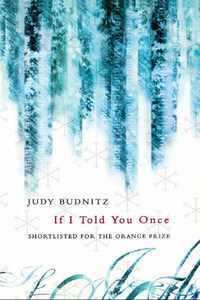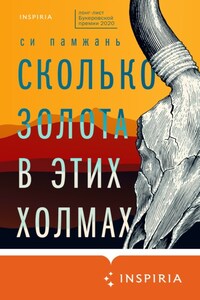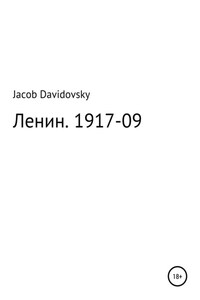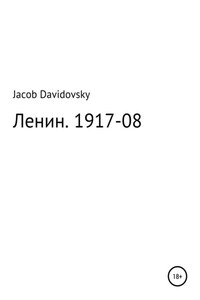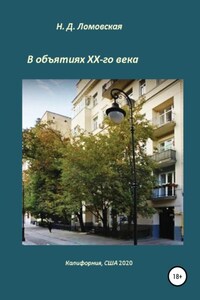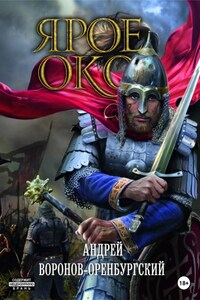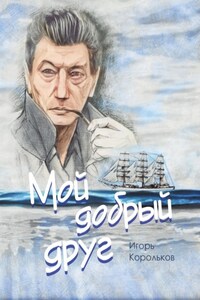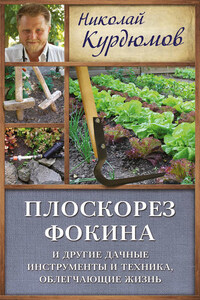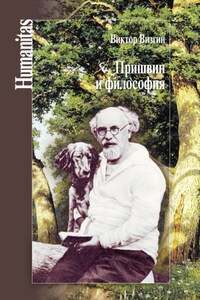My family had lived in the same village for as long as anyone could remember. It was a place that lay buried in snow for nine months out of the year followed by three months of mud. It was the most desolate spot on earth and my family did not even realize it, because for generations they never ventured more than forty kilometers from the place. They were stubborn people.
It was a place where someone had forgotten to add the color: low gray clouds, crooked houses of weather-beaten wood, coils of smoke rising up from cookstoves and rubbish heaps. All the wives of the village cut from the same dull cloth to make clothes for their families. We ate gray bread. The men made a fermented liquor so colorless it was invisible, nothing but a raging headache stoppered in a jar.
People were simpler then. They kept their desires within reach. They had few possessions: a goat, a half-dozen chickens, a brass teapot, a cat so ugly it could kill mice merely by looking at them.
That was enough. After days cutting wood in the black forest with ice clogging their nostrils, the smell of a goat was a welcome thing.
In a place like that, the color of an egg yolk was something of a miracle.
My people were a clutching, clinging people. They had to be. What little they had, someone was always trying to snatch away.
I was born in violent times.
I am told I was a breach birth. My mother was in labor for more than thirty hours. I was her first child. All through her labor a winter storm ripped shingles from the roof. My father wanted to go for the midwife, but the violence of the storm kept him in. He could hear the evil spirits in the wind waiting to trick him, lead him in endless circles in the snow. People had been known to freeze to death just meters from their homes after getting lost on their way to the outhouse. My father paced in an agony of frustration.
In those times childbirth was the realm of midwives and women-friends. Men were forbidden to witness it, they were bad luck; they were kept out of the birthing room, often out of the house altogether. My mother writhed and moaned on the bed while my father stumped from window to window, caged and frantic. The house had only one room. He crouched in corners, tried to make himself invisible.
As the storm grew worse, so did my mother’s pains. My father put his fingers in his ears but could not bear it any longer. He went to the bedside and found my mother thrashing and screeching like one possessed, her long hair pasted to her face in sweaty scribbles. He knelt and rolled his sleeves, he put his blunt hands tentatively on her belly; he nudged and prodded, thinking he could shift the little body into position the way he did with unborn lambs. He tried to look only at the tight belly, not at my mother’s hectic face, her fingers tearing at his shirt, the pulpy strangeness between her legs. He pushed. Something burst with a wet pop. The bed was suddenly soaked with hot blood and my mother screamed with renewed vigor.
Just then there came a knock at the door.
The midwife! my father thought with relief, and flung the door open.
Two heavy figures filled the doorway and half a dozen more darkened the snow behind them. The men were shapeless in snow-stiffened clothes, their faces wrapped against the wind. But my father knew them immediately and his heart froze. He knew by their fur hats, the knives in their belts, their rank smell of raw meat and stolen horses. They were the bandits who haunted the black forests and roadways. They attacked indiscriminately, rich and poor alike.
The bandit leader slouched in the doorway as snow swirled past him into the room. He held out his hands, stepped closer to my father, smiled at him through his face-wraps.
Greetings, neighbor, he said, we wondered if you might extend your hospitality to such weary travelers as ourselves.
My father stood out of the wind, in the shadow cast by the door.
The bandit leader pulled his knife from its sheath, casually wiped it on his sleeve, and said: You wouldn’t turn anyone away on a night like this, would you? That would be too cruel, wouldn’t it?
He cocked his head; his ferrety eyes sought out my father’s. His band crowded closer. Their smell swept into the room like a foul breath.
Then my father stepped full into the light. He stood drenched in sweat, shirt torn, his beard standing up on his face in wild tufts, eyes bulging, and his arms wet to the elbows with blood. My mother’s squeals flew about him in a fury, a windstorm of shrieks and venom.
He held his hands out to them. Gentlemen, he said softly, as soon as I finish killing my wife, I will be glad to oblige you.
